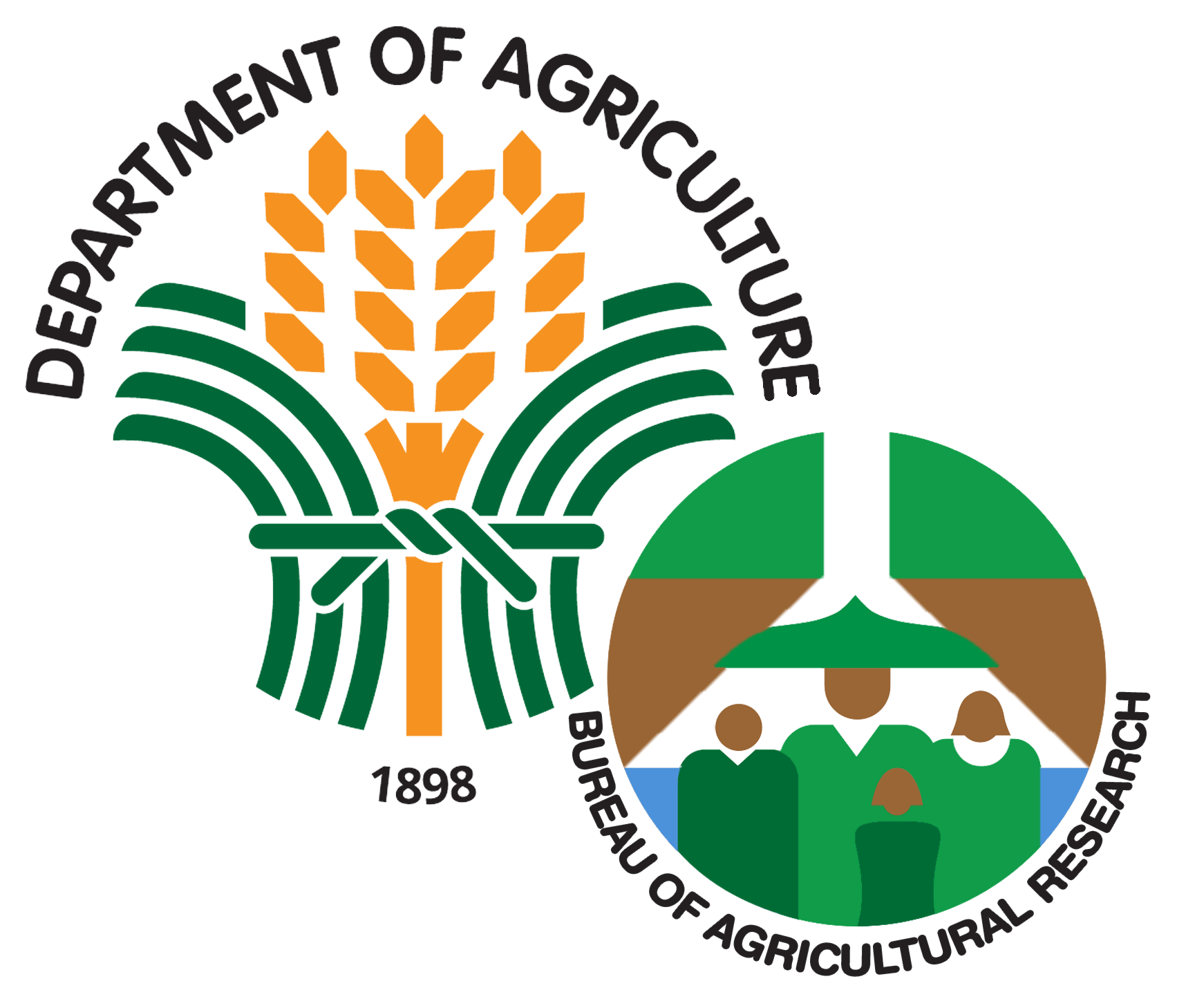DA-BAR, DA-MIMAROPA, and Mindoro State University discussed ongoing and possible collaborative research for development (R4D) projects and activities in the region during a visiting and monitoring activity led by DA-BAR OIC-assistant director Dr. Anthony B. Obligado in January 2023 in Oriental Mindoro.
Among the areas for possible collaboration are the priority commodities of the region, banana and calamansi. These include the need to address the supply and demand for planting materials through upscaling of tissue culture planting materials and promotion of offseason calamansi.
The region is also looking into other commodities like cashew, native chicken, adlay, taro, OPV glutinous white corn, cassava, smoked fish, and the use of hydroponics fodder.
Aside from future R4D projects, the group also discussed the ongoing DA-BAR funded project on rice-duck farming systems aimed to increase rice farmers’ productivity and profitability.
The adoption of the technology increased the yield and minimized the inputs which resulted in increased income. Series of training were conducted to 60 farmers-cooperators with regard to mallard duck raising including management of housing, feeds, health, and breeding and also incubator making. Training on modern inbred/hybrid production which covered topics on PalayCheck system, RCM, NextGen and rice machine operations were also conducted as well as on integrated rice duck farming systems and farm record keeping.
Dr. Obligado presented the DA-BAR R4DE programs and impact pathway during the DA-MIMAROPA Consultation Meeting for FY 2024 Convergence Planning and Collaboration and FY 2023 Implementation.
The bureau is now towards the path of targeting R4D interventions in provinces of high poverty incidence and low agricultural productivity (eg. Romblon) through technology scaling programs to be implemented by DA regional field offices and partner state universities and colleges and in collaboration with farmer cooperatives associations.
“DA-BAR will provide support to the development of innovative technologies that can be adapted by farmers and fisherfolk. These agricultural technologies are then scaled through strategies such as support for technology commercialization and agriculture and fisheries community R4D development programs to ensure the efficient delivery, access, and utilization of these strategies. DA-BAR [shall] also provide support to Institutional Development and Capacity Enhancement programs as well as Policy Support,” he shared.


